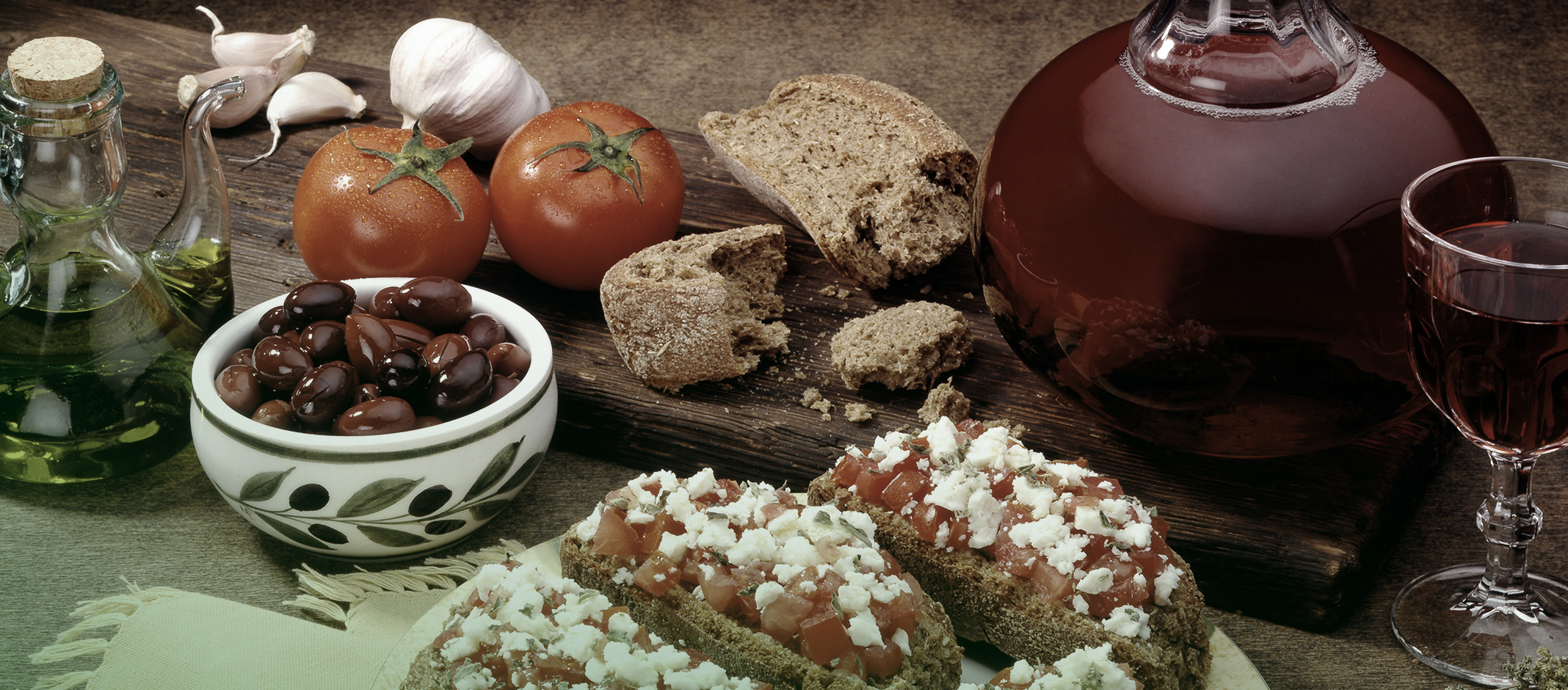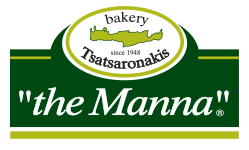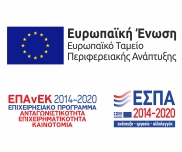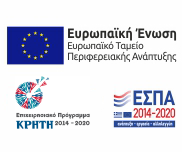
The Mediterranean diet is not just a healthy eating standard. It is a precious secret of longevity and well-being shared by the inhabitants of the Mediterranean. It is based on Nature’s Bounty such as cereals, pulses, fruits, nuts, herbs, vegetables and fish, is full of nutrients, well balanced and complemented by excellent olive oil.
The importance of the Mediterranean diet is not only based on the food consumed but also on the social character of the food, i.e. human and social interaction, a factor that led to UNESCO (2010) including it on its List of the Intangible Cultural Heritage of Humanity.
The term “Mediterranean diet” was introduced after Ancel Keys’ “Seven Countries Study” conducted in 1967, which researched dietary habits in Greece, Italy, Spain, South Africa, Finland, South Africa and Japan. The term is consistently used in international literature even after the post-analytical research conducted in 2010 which has led to the need to examine additional dietary factors.
The results of the survey, which included the follow-up of a group of about 700 men in a rural area in Crete, confirmed the spectacular benefits of the eating habits of the Mediterranean and turned the world scientific community’s attention to the “Cretan phenomenon”. What the study showed was that this population suffered the fewest deaths resulting from heart attacks and various cancers compared to other developed countries. In fact, the population of Crete lived the longest in comparison with other developed countries.
As early as 1948, the Rockefeller Foundation stated that “The longevity of the Cretans is largely due to the diet that they follow”, whereas in 1999 the World Health Organization expressed the view that the “Cretan diet contributes to maintaining good health and increasing longevity.” In fact, they called the 40-year Cretan living in the 1960s a “phenomenon” because they were “shielded” by heart disease and many kinds of cancer.
The traditional Cretan diet is so balanced that in many countries throughout the world such as France, Germany and the US, the term “Cretan Nutrition” is used when referring to a healthy diet. It is an important part of the Mediterranean diet and is characterized by the high consumption of carbohydrates, fibre and antioxidants (Cretan rusks, pulses, fruits and vegetables) and monounsaturated fats such as extra virgin olive oil.
Many researchers argue that the traditional Cretan diet is the best version of the Mediterranean diet.
The Cretan rusk in particular has a rich nutritional value and is an integral part of the diet of the inhabitants of Crete. The starch it contains provides a constant source of energy, while its plant fibres help in improved bowel function and protect against the onset of diabetes and cardiovascular disease as part of a balanced diet.
That’s why it’s so important to choose a high quality rusk, such as the Cretan rusks produced by “the Manna” Tsatsaronaki; baked using the purest raw materials, with special blends of flour and olive oil that is the true gold of the Mediterranean land, having always used the same secret recipe for decades.
From 1948 up until today, the Tsatsaronakis family has managed to create a wealth of flavours through its wide choice of highly nutritional products, always remaining faithful to the principles of the Cretan diet and therefore the right Mediterranean diet, creating its products with a sense of love and responsibility to accompany you at all times.







